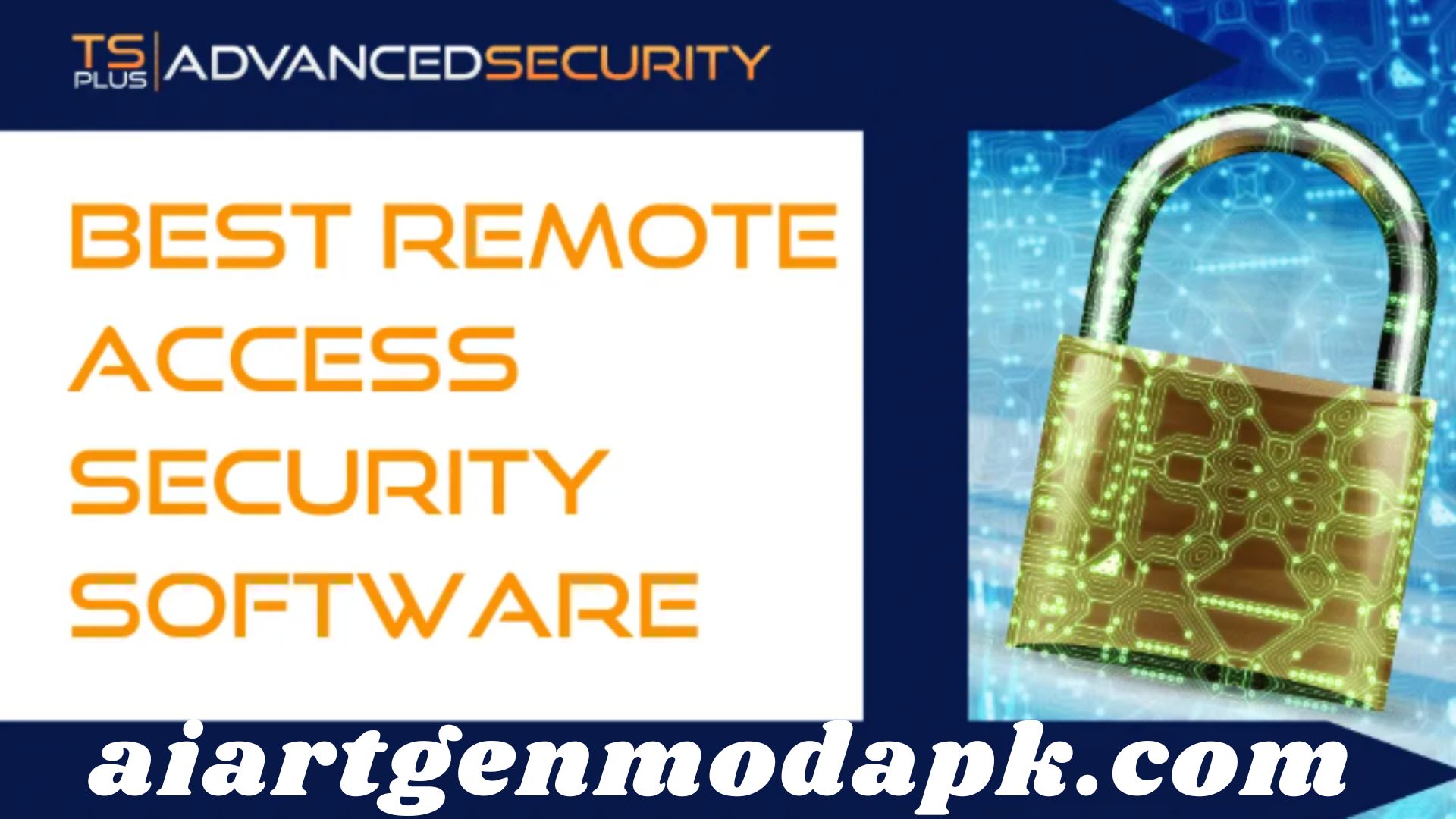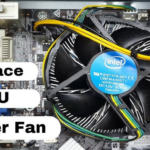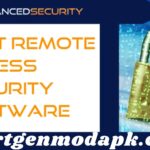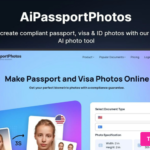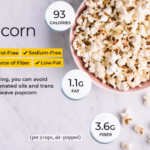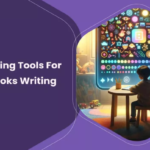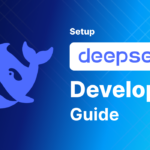In today’s digital age, remote work has become a standard practice for many organizations. While this shift offers flexibility and convenience, it also introduces significant data security challenges. Protecting sensitive company information from cyber threats is critical, especially when employees are accessing data from various locations and devices. To address these concerns, businesses must invest in reliable data security software tailored for remote work environments.
In this article, we’ll explore the best software for data security for remote employees, ensuring your organization’s data remains safe and compliant. We’ll also answer some frequently asked questions to help you make an informed decision.
Why Data Security is Crucial for Remote Employees
Remote work often involves accessing company data over unsecured networks, using personal devices, and sharing files across platforms. These practices can expose sensitive information to cyberattacks, such as phishing, ransomware, and data breaches. Implementing robust data security software helps mitigate these risks by:
- Encrypting data transmissions
- Monitoring and controlling access to sensitive information
- Detecting and preventing cyber threats
- Ensuring compliance with data protection regulations
Top Data Security Software for Remote Employees
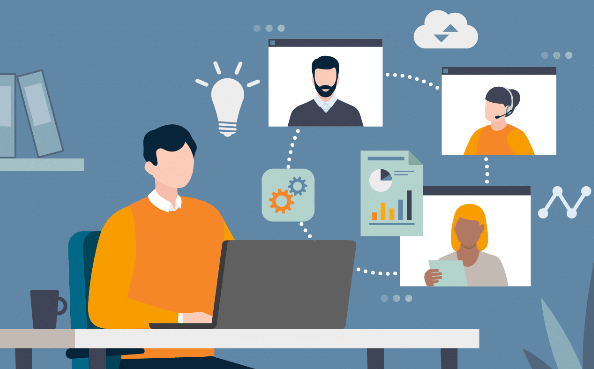
Here are some of the best data security solutions designed to protect remote workforces:
1. NordLayer
NordLayer is a cloud-based security solution that provides remote employees with secure access to company resources. It offers features like VPN encryption, zero-trust network access, and multi-factor authentication (MFA) to protect data.
Key Features:
- Secure remote access via VPN
- Zero-trust architecture
- Multi-factor authentication
- Easy integration with existing tools
2. Cisco Secure Remote Worker
Cisco’s solution is designed to secure remote work environments by providing end-to-end encryption and advanced threat detection. It ensures that remote employees can safely access corporate networks and applications.
Key Features:
- End-to-end encryption
- Advanced threat protection
- Secure access to corporate networks
- Scalable for businesses of all sizes
3. McAfee MVISION Cloud
McAfee MVISION Cloud is a cloud-native security platform that protects data across cloud applications and services. It’s ideal for remote teams that rely on cloud-based tools like Google Workspace, Microsoft 365, and Salesforce.
Key Features:
- Cloud data protection
- Real-time threat detection
- Data loss prevention (DLP)
- Compliance monitoring
4. LastPass
LastPass is a password management tool that enhances data security by storing and encrypting passwords. It ensures that remote employees use strong, unique passwords for all accounts, reducing the risk of unauthorized access.
Key Features:
- Password storage and encryption
- Multi-factor authentication
- Secure password sharing
- Cross-device synchronization
5. Bitdefender GravityZone
Bitdefender GravityZone is a comprehensive cybersecurity solution that protects remote devices from malware, ransomware, and other threats. It’s particularly useful for businesses with a bring-your-own-device (BYOD) policy.
Key Features:
- Endpoint protection
- Advanced threat detection
- Centralized management
- Anti-ransomware tools
6. Trellix Endpoint Security
Trellix (formerly McAfee Enterprise) offers endpoint security solutions that protect remote devices from cyber threats. Its AI-driven approach ensures real-time threat detection and response.
Key Features:
- AI-powered threat detection
- Endpoint protection
- Data encryption
- Centralized management console
7. Zscaler Private Access (ZPA)
Zscaler Private Access is a zero-trust solution that provides secure access to internal applications for remote employees. It ensures that users can access resources without exposing the corporate network to the internet.
Key Features:
- Zero-trust network access
- Secure application access
- Cloud-native architecture
- Scalable for large organizations
How to Choose the Right Data Security Software
When selecting data security software for remote employees, consider the following factors:
- Ease of Use: The software should be user-friendly and easy to implement across your remote workforce.
- Compatibility: Ensure the solution integrates seamlessly with your existing tools and systems.
- Scalability: Choose a solution that can grow with your business.
- Compliance: Verify that the software meets industry-specific data protection regulations.
- Cost: Evaluate the pricing structure to ensure it fits within your budget.
Data Security Software for Remote Employees
- VPN Software: Secure your internet connection with a VPN. Download VPN
- Antivirus Software: Protect your device from malware and viruses. Download Antivirus
- Password Manager: Safely store and manage your passwords. Download Password Manager
- Encryption Software: Encrypt sensitive files and communications. Download Encryption Software
- Firewall Software: Monitor and control incoming and outgoing network traffic. Download Firewall
FAQs About Data Security for Remote Employees
1. What is the biggest data security risk for remote employees?
The biggest risk is the use of unsecured networks and devices, which can expose sensitive data to cyberattacks like phishing, malware, and ransomware.
2. How can I ensure my remote employees follow data security best practices?
Provide regular training on cybersecurity best practices, enforce the use of strong passwords, and implement multi-factor authentication (MFA) for all accounts.
3. Is a VPN enough to secure remote work?
While a VPN is essential for encrypting data transmissions, it’s not enough on its own. You should also use endpoint protection, data encryption, and access control tools.
4. What is zero-trust security?
Zero-trust security is a model that assumes no user or device is trusted by default, even if they are inside the network. It requires continuous verification of user identities and device security.
5. How often should I update my data security software?
Regular updates are crucial to protect against new threats. Ensure your software is set to update automatically or schedule frequent manual updates.
6. Can I use free data security tools for my remote team?
While free tools can provide basic protection, they often lack advanced features like real-time threat detection and centralized management. Investing in a paid solution is recommended for comprehensive security.
Closing
Data security is a top priority for organizations with remote employees. By choosing the right software, you can protect sensitive information, prevent cyberattacks, and ensure compliance with data protection regulations. Solutions like NordLayer, Cisco Secure Remote Worker, and McAfee MVISION Cloud offer robust features tailored for remote work environments.
